
Hello to my fellow Scrippsies and congratulations on making it to the (almost) end of the semester!! It’s crazy how fast this semester has gone by, and I can’t believe that I’ll be back in Claremont this spring. I’m definitely getting sad about leaving Dublin, but am very excited to rejoin everyone on campus and, let’s be honest, enjoy some of that SoCal sunshine. Hopefully everyone is practicing some good health care routines this finals season and I wish you well on your endeavors.
This past week has been exciting for me, as I have officially confirmed with my professor that I will not need to do lab research this summer in order to write my thesis. 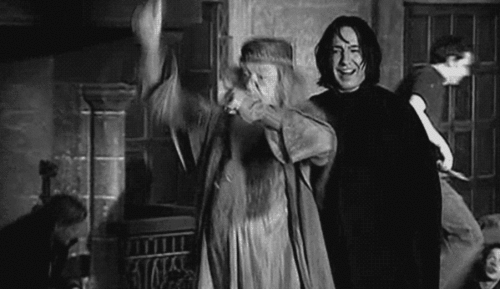
For those who do not know, chemistry students often complete their thesis by conducting research in a lab setting and then write about their findings. As I know that I do not want to go to graduate school for chemistry after I graduate, I asked my professor what other options I might have for fulfilling these requirements, and he assured me that I would not have to complete research in a lab if I feel it didn’t pertain to my future goals. As a result, I have been thinking about ways to combine my love for chemistry and other fields that I hope to pursue in the future. 
If you have been keeping up with my posts, you know that I spent time teaching science classes to elementary school kids last summer, and that I absolutely loved it. When I learned that I wouldn’t have to do research in a lab this summer, I immediately thought about going back to teach at this school. When I emailed my professor, asking if he thought there might be a way to include teaching in my thesis, he gave a resounding YES. At Keck, there is something called a library thesis where students have the opportunity to do research outside of the lab, on a chemistry topic of their choosing. I am not sure of the details yet, but if I wanted to teach, my professor told me that I would be able to write a library thesis. This is exciting for me, as teaching is something that I’ve always seen myself doing in the future, however distant it might be. 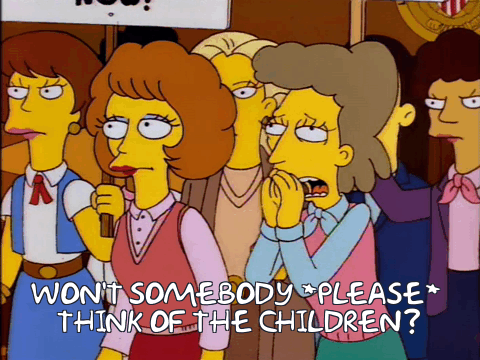
He also mentioned that a professor at Keck has done work in pedagogical studies, and I have since reached out to her in order to get more information and to see if it would be something I might want to do my thesis on. Either way, I have options as to what I will be doing for my research and I am very excited about both prospects.

I often feel that other fields within chemistry, or that involve chemistry, are forgotten amidst the multitude of graduate programs, so I’m happy to be branching out and finding some overlap between two things I love. If anyone has any questions for me regarding STEM classes, thesis, or ways to combine science with other disciplines, please don’t hesitate to reach out! Good luck on finals, and I will see you next semester!


 In the spirit of thanksgiving, I’ve been reflecting on the things that I’m thankful for in regards to my education and the opportunities that a place like Scripps has to offer. As I’ve mentioned in some of my earlier posts, I have worked in a research lab at Keck since the spring of my first year and have had multiple opportunities to present my research and experience what life is like in a full blown lab. I have also mentioned my hesitation in attending graduate school after I am done at Scripps and have had some wonderful conversations with friends that have really helped make it more clear what I want to do, while simultaneously making me more uncertain and stressed about my future (quite like Schmidt in this scene).
In the spirit of thanksgiving, I’ve been reflecting on the things that I’m thankful for in regards to my education and the opportunities that a place like Scripps has to offer. As I’ve mentioned in some of my earlier posts, I have worked in a research lab at Keck since the spring of my first year and have had multiple opportunities to present my research and experience what life is like in a full blown lab. I have also mentioned my hesitation in attending graduate school after I am done at Scripps and have had some wonderful conversations with friends that have really helped make it more clear what I want to do, while simultaneously making me more uncertain and stressed about my future (quite like Schmidt in this scene). I have a friend from home who is working towards his Masters degree in Dublin and we arranged to meet for breakfast one weekend, as it has been years since we’ve really had the chance to catch up. He attended Oregon State University and was a double major in chemistry and biology. He did not go to graduate school for either subject and has since spent his time working at companies where policy making and science overlap. I was very excited to get the chance to probe him about his own experiences in deciding not to attend graduate school and where that has taken him after college. Similar to me, he mentioned that he knew he didn’t want to attend graduate school after his undergraduate education and felt overwhelmed by the seemingly low number of options he might have for a career.
I have a friend from home who is working towards his Masters degree in Dublin and we arranged to meet for breakfast one weekend, as it has been years since we’ve really had the chance to catch up. He attended Oregon State University and was a double major in chemistry and biology. He did not go to graduate school for either subject and has since spent his time working at companies where policy making and science overlap. I was very excited to get the chance to probe him about his own experiences in deciding not to attend graduate school and where that has taken him after college. Similar to me, he mentioned that he knew he didn’t want to attend graduate school after his undergraduate education and felt overwhelmed by the seemingly low number of options he might have for a career.



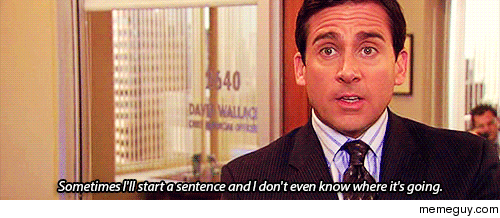
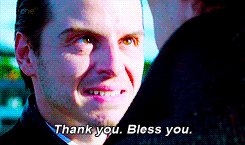


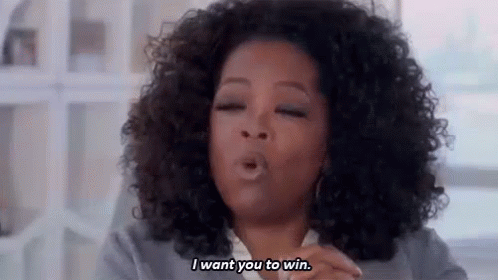




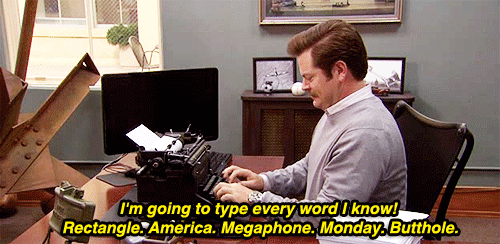



 This past weekend, I got to visit one of my very best friends at Oxford University, where she is studying for the year. We explored London the first day that I arrived, then traveled to Oxford where I stayed with her and got to explore the town and campus. It was so much fun to see where she is studying and to walk around a campus that is hundreds of years old.
This past weekend, I got to visit one of my very best friends at Oxford University, where she is studying for the year. We explored London the first day that I arrived, then traveled to Oxford where I stayed with her and got to explore the town and campus. It was so much fun to see where she is studying and to walk around a campus that is hundreds of years old. Often, after traveling, it can feel like a let down to return home, where all of your responsibilities are there waiting for you. Although I was happy to return to Dublin after my time visiting my friend, I definitely felt this way, finding myself with a long list of things to accomplish and little motivation to get them done. At some point in the middle of the semester, most students at the 5C’s, and on campuses all across the globe (including Trinity!), feel a sort of slump, where a lack of motivation takes hold and is hard to reignite.
Often, after traveling, it can feel like a let down to return home, where all of your responsibilities are there waiting for you. Although I was happy to return to Dublin after my time visiting my friend, I definitely felt this way, finding myself with a long list of things to accomplish and little motivation to get them done. At some point in the middle of the semester, most students at the 5C’s, and on campuses all across the globe (including Trinity!), feel a sort of slump, where a lack of motivation takes hold and is hard to reignite.


